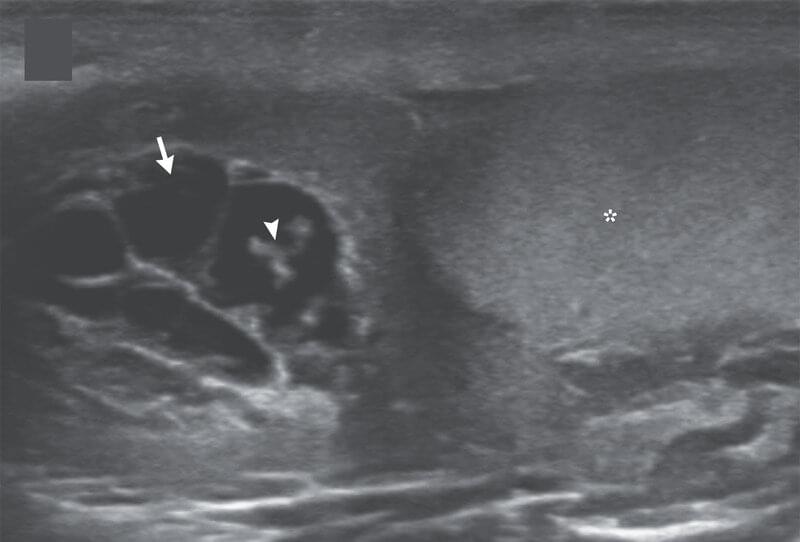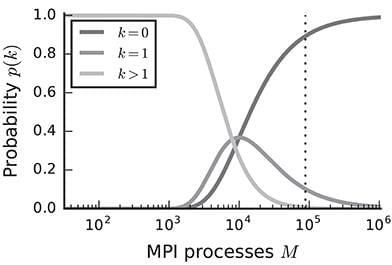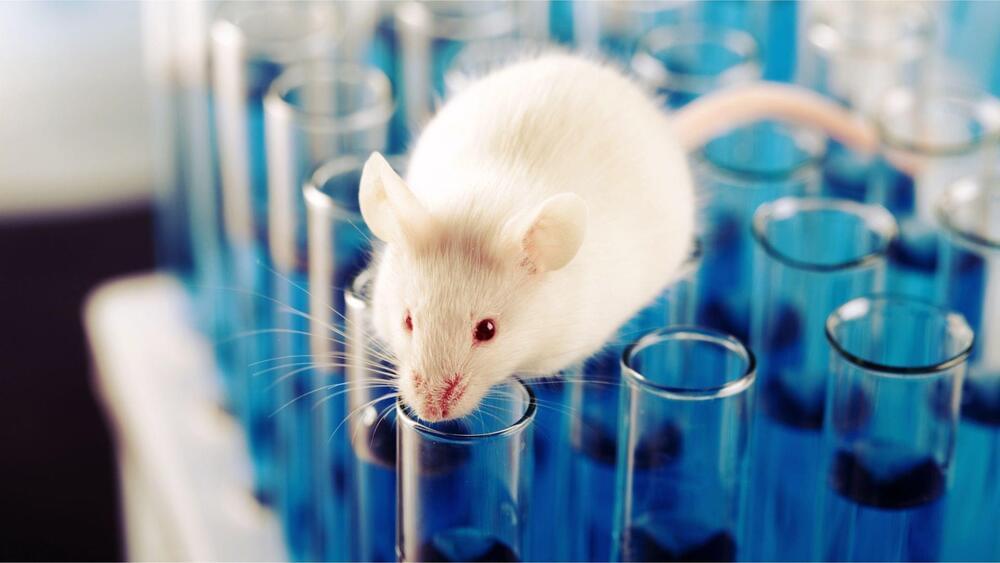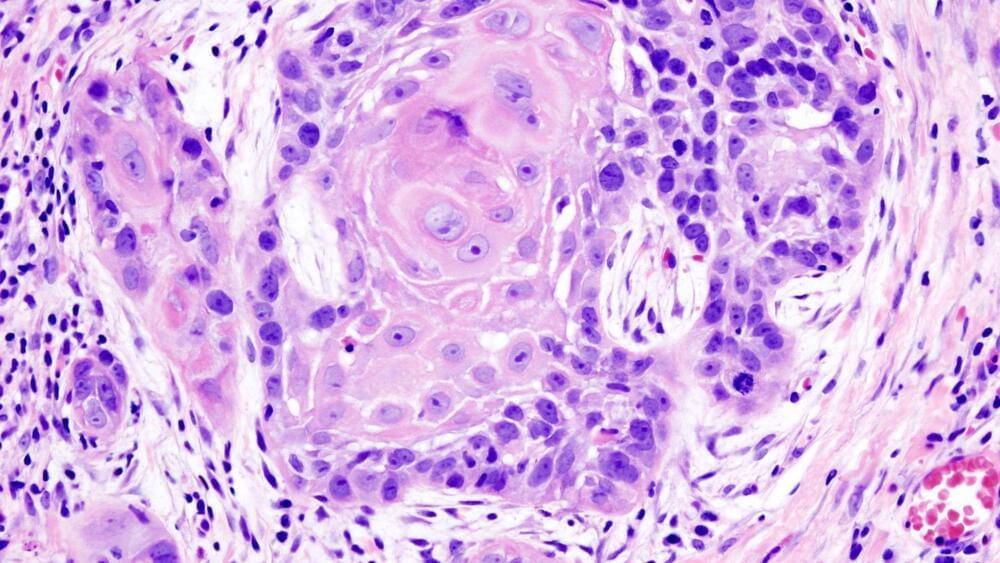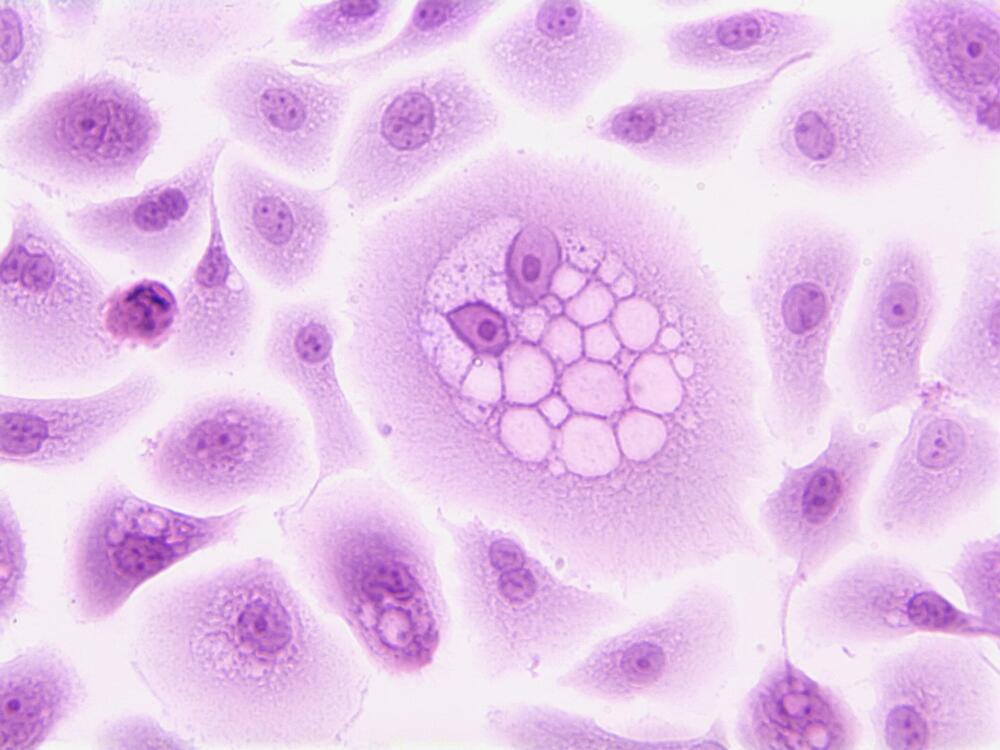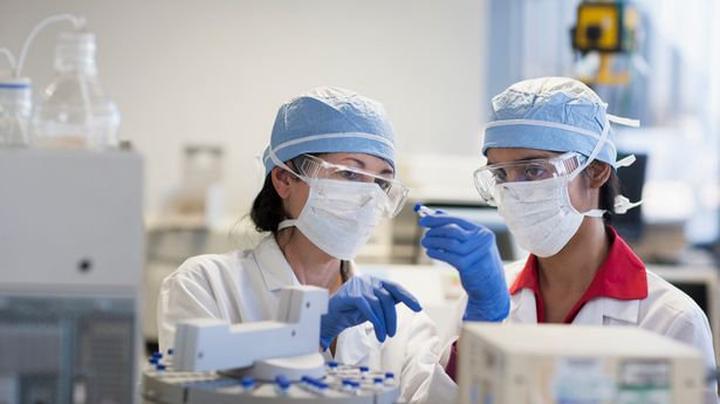Dec 13, 2022
Dance of the scrotal worms documented on video
Posted by Shubham Ghosh Roy in category: biotech/medical
Two doctors at the Max Super Specialty Hospital in India has documented the filarial dance of scrotal worms on video. In the video, the undulations of live worms residing in a male patient’s scrotum can be seen.
The case study began as a 26-year-old man came to the hospital complaining of testicular pain. He told them it was associated with swelling of his scrotum and had been bothering him for approximately one month. He also had a slight fever. Suspecting some type of parasite, the doctors first examined the man using ultrasound after which they extracted some of the fluid that had built up in the scrotum for inspection by lab techs. They also took blood samples for the same purpose.
Continue reading “Dance of the scrotal worms documented on video” »
